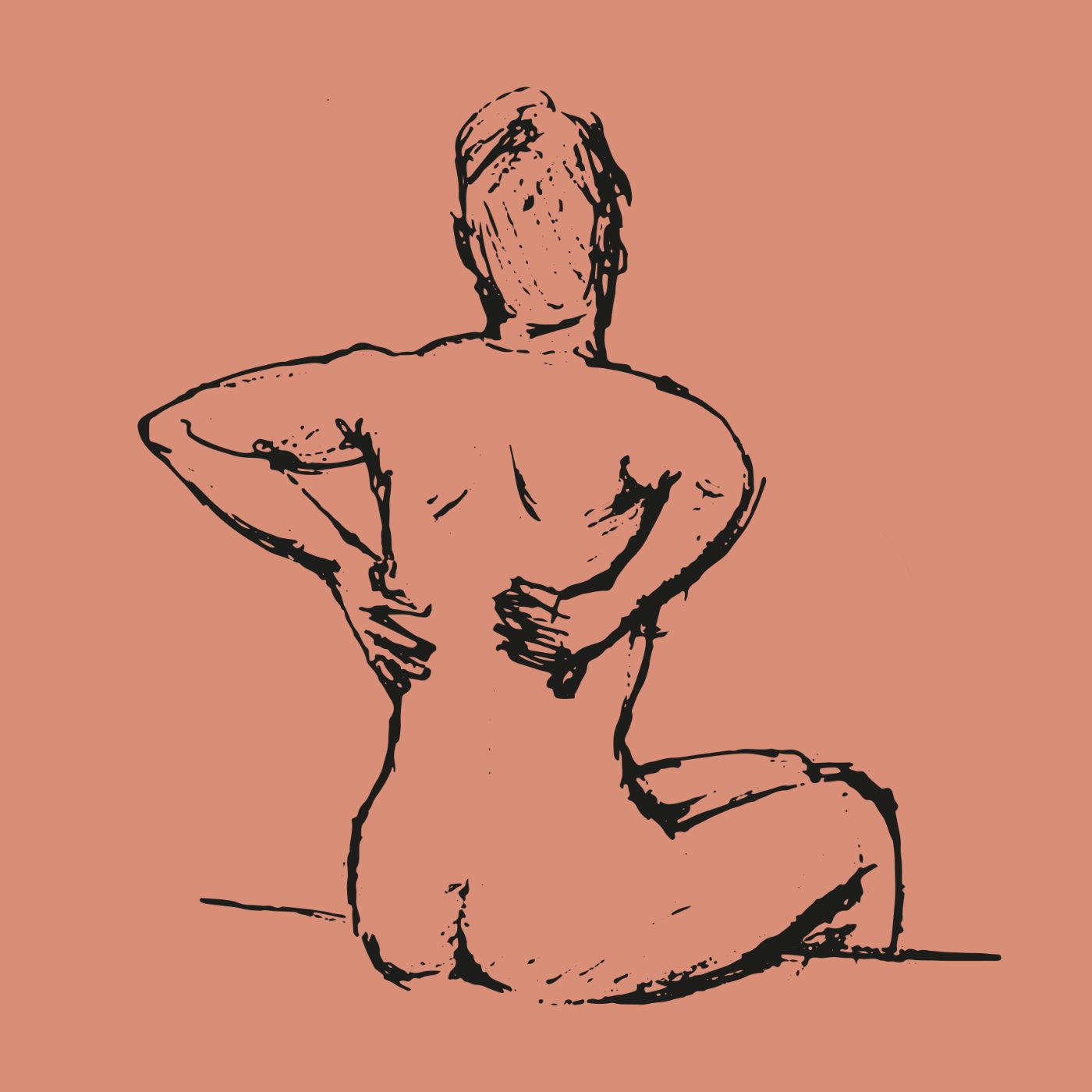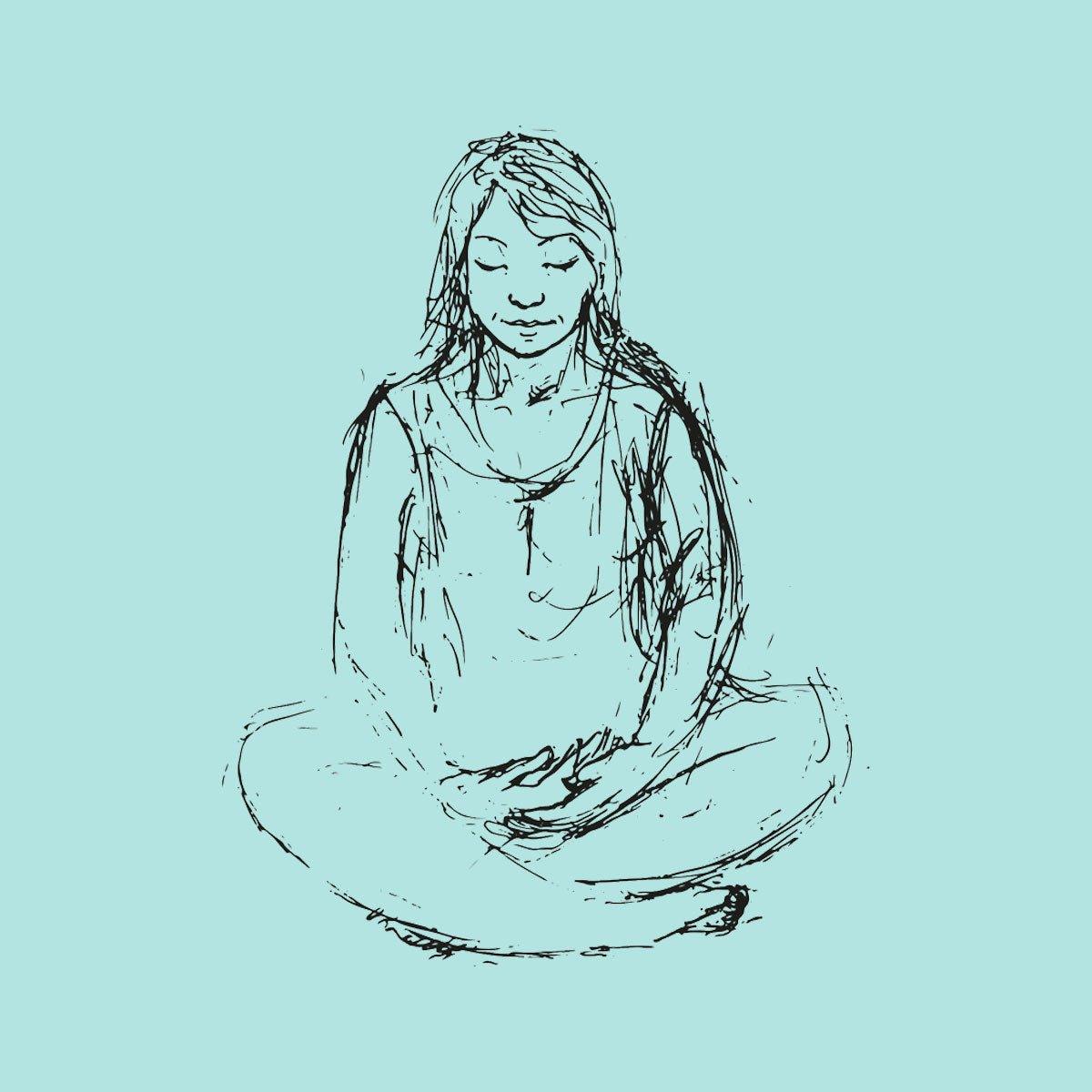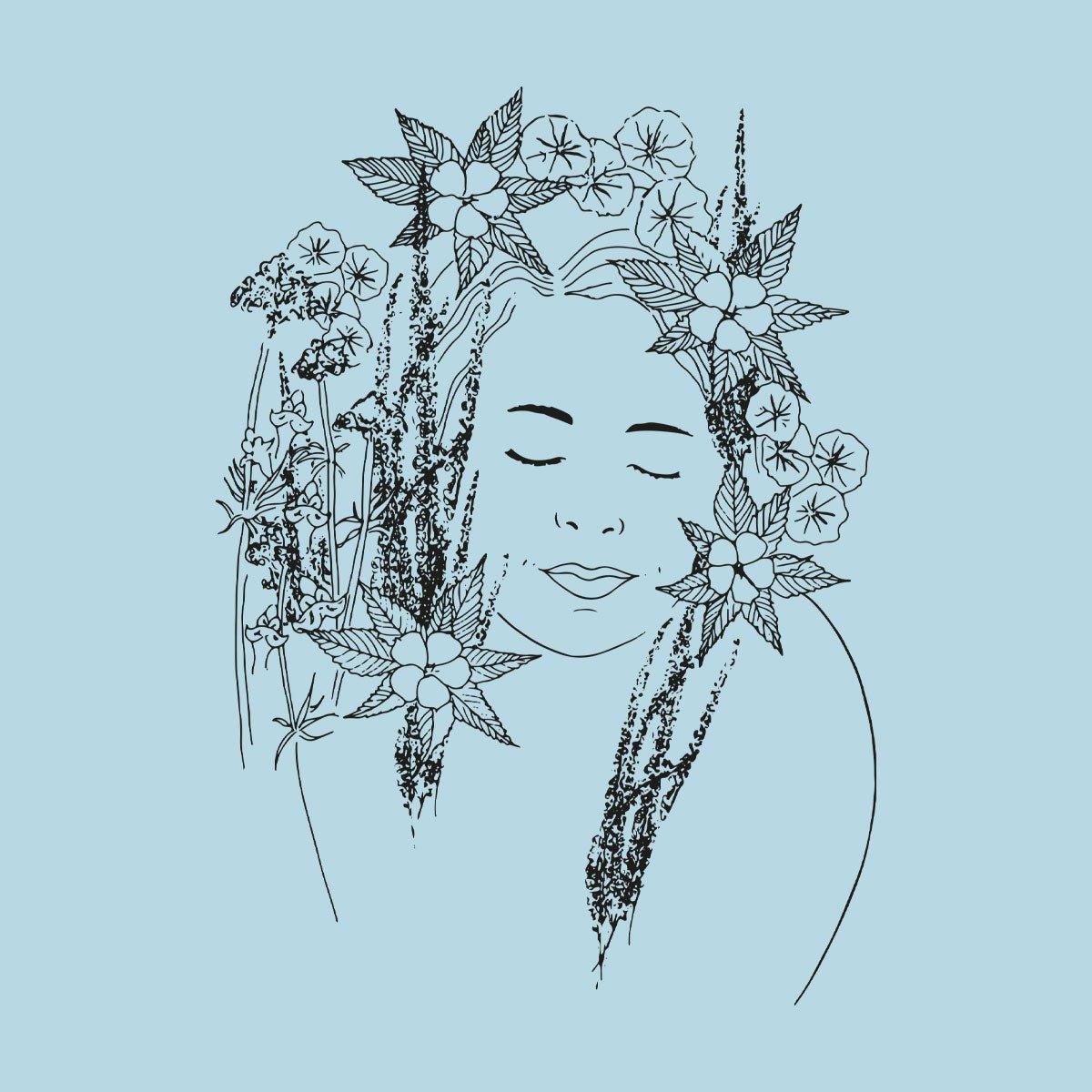Table of Contents
Table of Content
How Much Sleep Do You Need? The simple answer: Most adults need 7 to 9 hours of sleep each night. But sleep requirements change significantly throughout your life, and getting the right amount matters more than you might realise.
Your age plays a big role in determining how much sleep you need. For example, newborns sleep up to 17 hours a day, while older adults might feel fine with 7 hours.
Let's explore exactly how much sleep you need at different life stages, why sleep matters so much, and what you can do if you're struggling to get good rest.
Different Age Groups Sleep Requirements
The amount of sleep you need changes dramatically as you grow and develop. Sleep research over the past decades has given us clear insights into optimal sleep requirements for each stage of life.

Newborns (0-3 months)

When we look at newborns up to 3 months old, their sleep patterns show they need 9-18 hours of sleep per day. This high sleep requirement supports rapid brain development and physical growth.
Infants (4-11 months)
Infants need 12-16 hours of sleep, though their sleep patterns start becoming more regular during this stage. Getting enough sleep at this age helps establish healthy sleep habits for the future.
Toddlers (1-2 years)

Toddlers require 11-14 hours of sleep daily. A 2022 Study has found that consistent sleep during these early years plays a role in language development and emotional regulation. Poor sleep quality at this age often leads to behavioural issues.
Preschoolers (3-5 years)
For preschoolers, sleep requirements drop slightly to 10-13 hours. During this period, children who don't get enough sleep commonly show signs of hyperactivity and struggle with emotional control.
School-age Children (6-13 years)
 School-age children need 9-12 hours of sleep. Clinical sleep medicine experts emphasise that proper sleep during these years directly impacts academic performance and physical and mental health.
School-age children need 9-12 hours of sleep. Clinical sleep medicine experts emphasise that proper sleep during these years directly impacts academic performance and physical and mental health.
Teenagers (14-17 years)
The teenage years bring significant changes to sleep patterns. Teenagers need 8-10 hours of sleep, but their biological clock often makes it hard for them to fall asleep early. This natural shift explains why many teens struggle with early school start times.
Adults (18-64 years)
Adults need 7-9 hours of sleep. This range remains fairly stable throughout adulthood, though sleep quality often changes. Many adults experience poor sleep due to stress, work schedules, or environmental factors.
Older Adults (65+ years)
 For those 65 and older, the recommended range is 7-8 hours. While older adults might wake up more frequently during the night, maintaining normal sleep duration remains necessary for cognitive function and overall health.
For those 65 and older, the recommended range is 7-8 hours. While older adults might wake up more frequently during the night, maintaining normal sleep duration remains necessary for cognitive function and overall health.
Note: These requirements aren't arbitrary numbers and can change according to individual circumstances. Consistent sleep deprivation at any age increases the risk of developing sleep disorders and various health problems.
Related: What to Know About CBD Oil For Elderly?
Why Do Our Bodies Need a Minimum Amount of Sleep?
Sleep isn't just a period of rest; it's an essential biological process that keeps your body and brain working properly.
As we said earlier, most healthy adults need between seven to nine hours of sleep each night to function at their best. Let's elaborate on this a bit further.
The Science Behind Sleep Cycles
During sleep, your brain goes through several sleep cycles. Each cycle includes periods of deep sleep and REM sleep, which serve different purposes.
In deep sleep, your body repairs tissue, strengthens your immune system, and builds bone and muscle. During REM sleep, your brain processes information from your waking hours, forms memories, and regulates your emotions.
What Happens When You Don't Get Enough Sleep
 When you're sleep-deprived, your brain can't complete all these vital processes. Less than seven hours of sleep per night can seriously affect your health.
When you're sleep-deprived, your brain can't complete all these vital processes. Less than seven hours of sleep per night can seriously affect your health.
Your reaction time slows down, your judgment becomes poor, and your ability to learn new information suffers. Long-term sleep deprivation can lead to serious problems like high blood pressure, weight gain, and even neurological disorders.
Your Natural Sleep Schedule
Your body runs on a natural sleep schedule controlled by your internal clock. This clock tells your body when to fall asleep and determines your wake-up time. When you disrupt this schedule, you might struggle to stay asleep or develop poor sleep hygiene habits.
Some people think they can train their bodies to need less sleep, but science proves otherwise. Sleep medicine research shows that while you might get used to feeling tired, your brain and body still suffer the effects of insufficient sleep.
Conditions like sleep apnea make this even worse by preventing you from getting quality sleep even when you spend enough time in bed.
Simply put, sleep keeps you alive and healthy. Understanding sleep needs helps you make better choices about your sleep schedule and overall health. Just like food and water, your body can't function without enough quality sleep.
How to Get Better Sleep at Night?
 Many people lie in bed for hours, unable to sleep despite following a regular bedtime routine. If you often stare at the ceiling, hoping to fall asleep, you're not alone.
Many people lie in bed for hours, unable to sleep despite following a regular bedtime routine. If you often stare at the ceiling, hoping to fall asleep, you're not alone.
Insomnia affects millions of people worldwide, leading many to rely on sleep medications that can be addictive and cause unwanted side effects.
Understanding CBD's Role in Sleep
CBD (Cannabidiol) offers a natural alternative for sleep support. This compound comes from the hemp plant and works with your body's natural systems to promote relaxation.
Unlike THC, CBD won't make you feel high or impaired. Instead, it helps calm your mind and ease the tension that might keep you awake.
How CBD Supports Healthy Sleep
Your body has an internal system that helps regulate sleep, mood, and other important functions. CBD interacts with this system to support natural sleep cycles. When you take CBD before bed, it can help quiet a racing mind and relax tense muscles, making it easier to drift off naturally.
Beyond just helping you fall asleep, CBD can improve your overall sleep quality. Many people report waking up feeling more refreshed after using CBD, without the grogginess often associated with traditional sleep aids.
The Natural Advantage
Unlike prescription sleep medications, CBD doesn't force your body into sleep. Instead, it creates conditions that allow sleep to come naturally.
This means you won't develop a dependence on CBD, and that's scientifically proven. In other words, you can use it as needed without worrying about withdrawal effects when you stop.
CBD also addresses many common causes of poor sleep. It can help reduce anxiety, ease physical discomfort, and promote a sense of calm - all factors that might interfere with your ability to get good rest. When your body and mind are relaxed, sleep often follows naturally.
Related: How to Choose the Best CBD Oil for Anxiety?
Safety and Sleep Quality
Research shows CBD has an excellent safety profile. Most people tolerate it well, experiencing few, if any, side effects. This makes it an appealing option for anyone looking to improve their sleep quality without risking their health or dealing with daytime drowsiness.
Sleep Better With Kloris

Sleep problems can make life harder, but you don't have to accept poor sleep as normal. At Kloris, we understand how frustrating sleepless nights can be, and we've developed natural CBD solutions to help you rest better.
Our range includes something for everyone. Try our fast-acting sublingual oils for quick relief, convenient gummies for a tasty bedtime routine, innovative patches for steady overnight support, or soothing skin balm to ease tension before bed.
Ready to experience better sleep naturally? Visit our website to discover which Kloris CBD product fits your needs. Sweet dreams await.
Also Read: CBD Gummies Buying Guide: Know What to Look for When You Shop.




